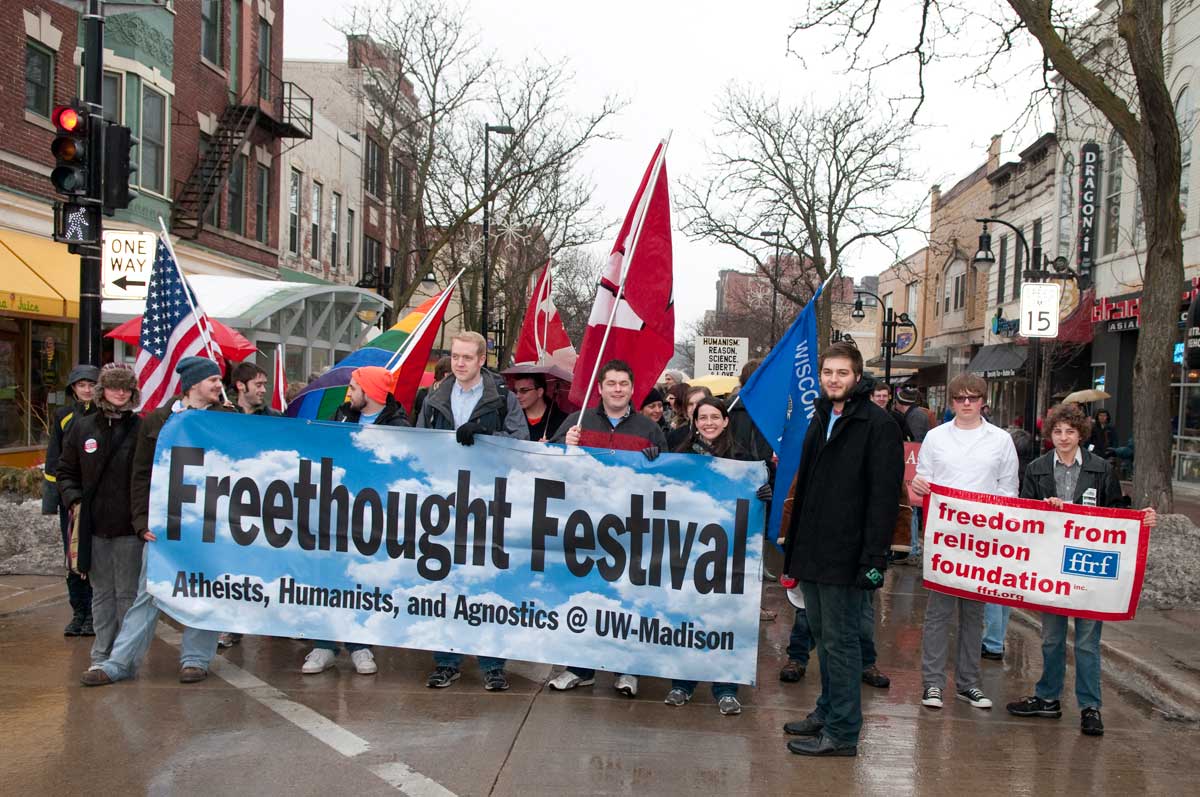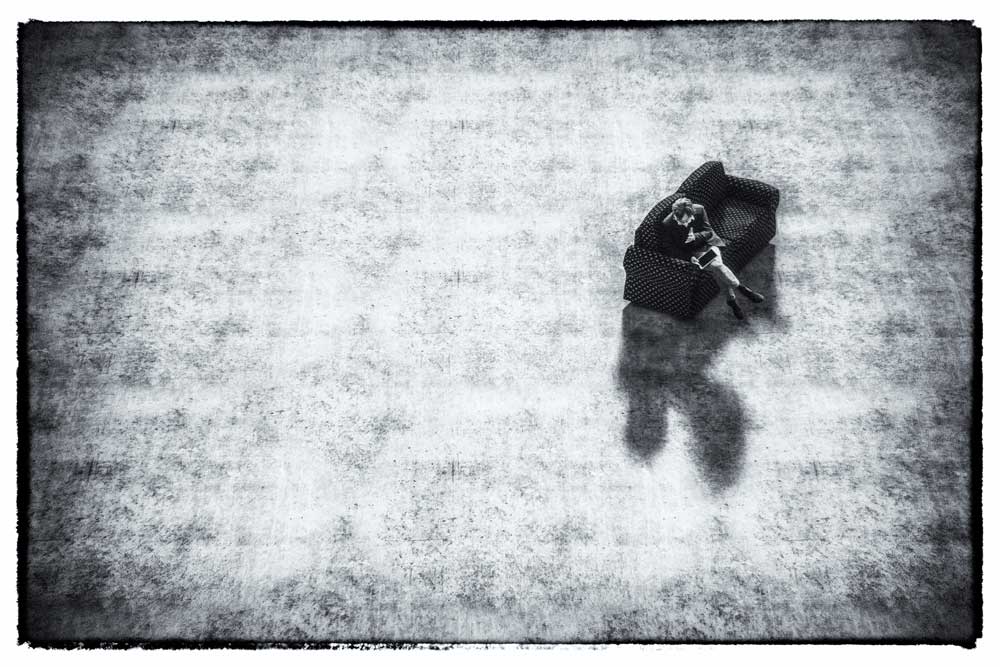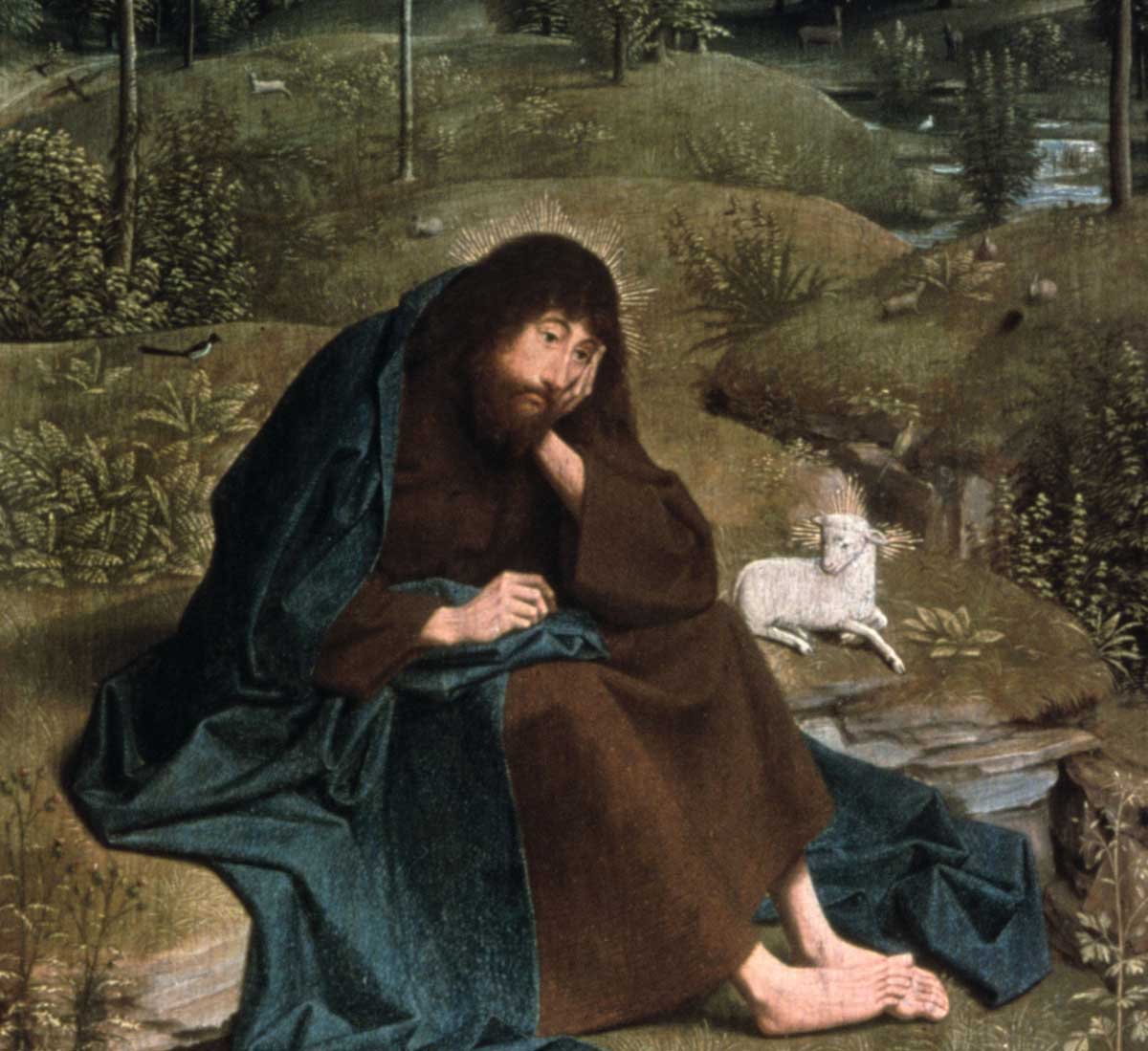How Now Shall We Bear Witness?
After a Century of Retreat, Can Christians Now Engage the Culture?
by Russell Hittinger
This article was adapted from a talk given by Dr. Hittinger as a workshop on “How Christianity Plays Out in Religion and Philosophy” on October 16, 1999, in Colorado Springs, Colorado, at a conference sponsored by the Wilberforce Forum, “The Christian Mind in the New Millennium.”
I am pleased to be here to discuss Chuck Colson and Nancy Pearcey’s new book, How Now Shall We Live? In about 70 days the Christian world will celebrate the 2,000th birthday of Jesus Christ, the God Incarnate. As we enter the third millennium of Christianity, Colson and Pearcey’s book helps us to take stock of the signs of the times.
If I were standing before this audience 100 years ago, I would have had to give you a very dismal report of the signs of the times. I would have reported that although Christianity continued to be observed by most of the common people in Western culture, it had lost almost all of its contemporary battles with the intellectual elite: that is, with philosophers, scientists, educators, journalists, and politicians.
The nineteenth century was the high tide of modern atheism: Socialism, Marxism, Darwinism—in America, social Darwinism—Freudianism, Pragmatism, and myriad other “isms” that were either atheistic in principle or operationally atheistic. The operational atheist might not deny outright the existence of God or transcendent truth, but he was convinced that such things were useless for any respectable, adult use of the mind.
The Retreat of Public Religion
Reading the signs of the times a century ago, many Christians concluded that they had no option but to relinquish claims to any public order of propositional truths. Indeed, it would have been my unpleasant task to point out that large sectors of the Christian churches had folded their tents, at least intellectually. In seminaries, in universities, and in pulpits throughout Western Christendom, theologians came to believe that they could defend Christianity only by defending generic religion, and that religion could be defended only on the subjective ground of piety. Take, for example, one of the most influential Protestant theologians of the nineteenth century, Friedrich Schleiermacher. In On Religion: Speeches to Its Cultured Despisers (1799), Schleiermacher wrote: “In order to make quite clear to you what is the original and characteristic possession of religion, it resigns, at once, all claims on anything that belongs either to science or morality. Whether it has been borrowed or bestowed, it is now returned.”1
What is Christianity without truth claims about morality and about the nature and destiny of the created world? The answer, for Schleiermacher and for much of the Christian world, seemed obvious: Christianity could claim some place in people’s lives as piety or a merely personal faith. It was something that might help one get along in the world, not because its truths have any bearing upon the perennial questions of philosophy, science, public affairs, or even theology, but because it gives psychological comfort and meaning to the individual soul. Even Scripture itself was to be given over to the scholars, who would make authoritative judgments about the Christ of history. The Christ of faith was to remain a merely private, personal thing.
As an educated American audience 100 years ago, you certainly would have read the work of William James, who argued in Will to Believe and in Varieties of Religious Experience that religious experience is good not because it is true but because it is therapeutic. James wrote that religious experiences have every right to be authoritative over the individuals to whom they come, but “no authority emanates from them which should make it a duty for those who stand outside them.”
Almost every mainline Protestant church was deeply affected by this movement, which essentially conceded defeat over scientific and philosophical issues. One branch of pietism was “liberal” in the sense that it not only conceded defeat but also enthusiastically endorsed the authority of modern worldviews in matters intellectual. Of course, in North America, this movement sparked a vehement reaction, sometimes called “fundamentalism.” But it, too, tended to play by the new rules of the game. Which is to say that personal religious experience and piety defined the orbit of acceptable religion. Although fundamentalism endeavored to protect the Bible from being deconstructed by scholars, it did so only at the cost of removing the Scripture-based worldview from all of the intellectual disciplines. To my knowledge, late nineteenth-century and early twentieth-century fundamentalism did not produce a single serious piece of intellectual work in science, philosophy, psychology, anthropology, or in legal or social theory.
bulk subscriptions
Order Touchstone subscriptions in bulk and save $10 per sub! Each subscription includes 6 issues of Touchstone plus full online access to touchstonemag.com—including archives, videos, and pdf downloads of recent issues for only $29.95 each! Great for churches or study groups.
Transactions will be processed on a secure server.
more on culture from the online archives
more from the online archives
calling all readers
Please Donate
"There are magazines worth reading but few worth saving . . . Touchstone is just such a magazine."
—Alice von Hildebrand
"Here we do not concede one square millimeter of territory to falsehood, folly, contemporary sentimentality, or fashion. We speak the truth, and let God be our judge. . . . Touchstone is the one committedly Christian conservative journal."
—Anthony Esolen, Touchstone senior editor














